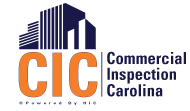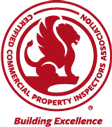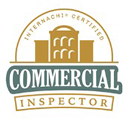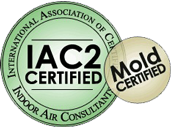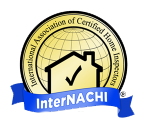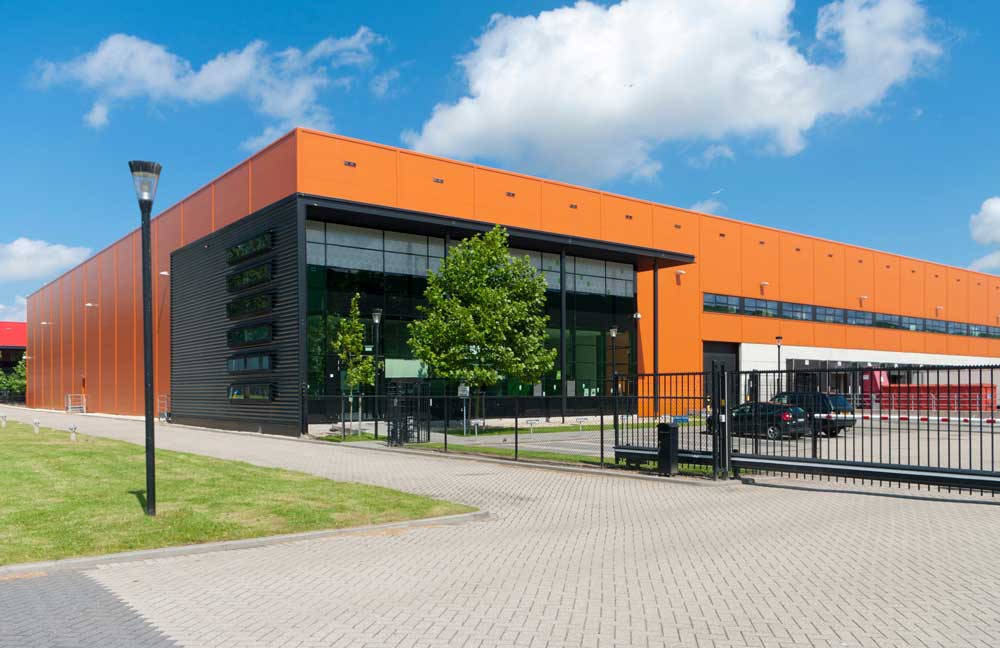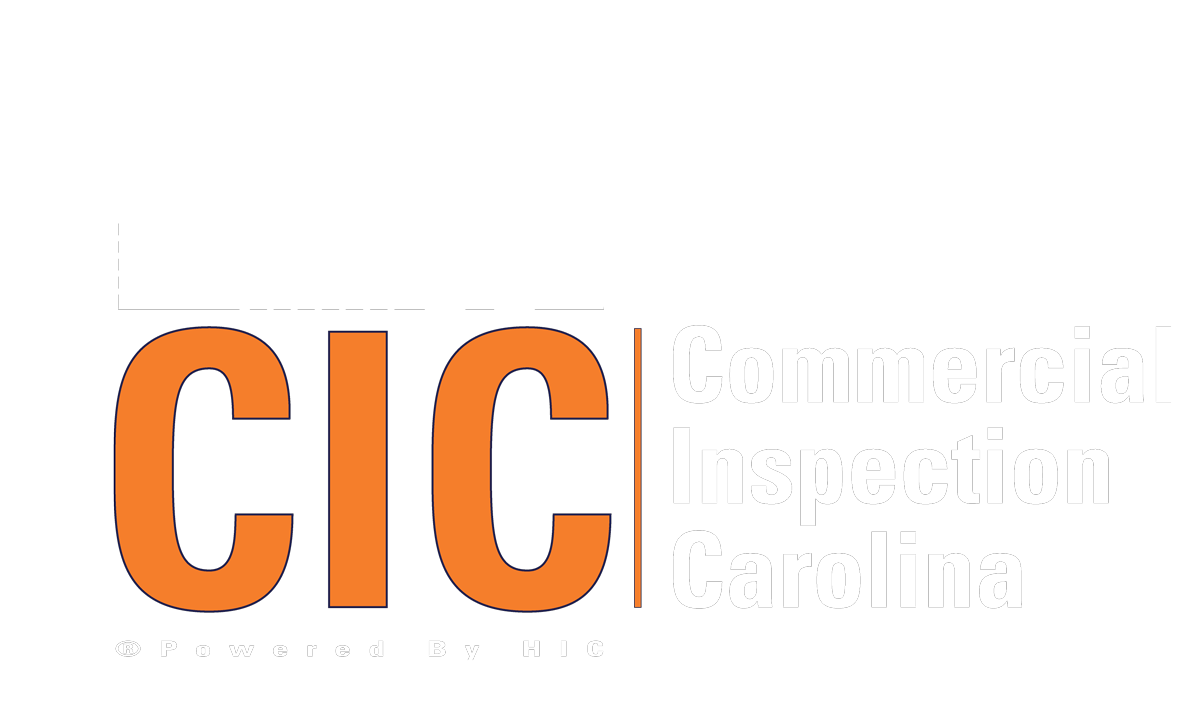Inspection Service Types
Sewer Scope | Infrared | Mold | Radon | Termites | Report Types
Commercial Sewer Scope Inspection Save Money
A sewer scope inspection uses a flexible fiber-optic camera to inspect the building’s exterior sewage piping system. We insert a camera through the main line clean-out. It travels down the pipe, allowing inspectors to identify problems like blockages, broken pipes, or tree roots infiltrating it. This type of inspection can also detect leaks or other potential issues that could lead to costly repairs if not identified early on, thus saving and creating ROI.
Commercial Sewer Scope Inspection

Infrared Thermography Inspection
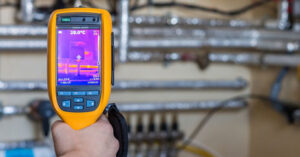
What is an Infrared Inspection?
IR inspections consist of a visual inspection to determine temperature differentials within walls, roofs, and even windows. Allowing the inspector to identify areas of concern where an anomaly is present. A certified commercial infrared inspector is trained to identify anomalies and locate these areas of concern. Infrared detects tiny but crucial differences in temperature from one area of a commercial building to another. These temperature variations show up on the camera’s view screen as “cold” or “hot” spots, revealing hidden problems that often cannot be detected during a traditional visual inspection.
Why test for Mold?
Mold in a commercial building may not always be visible. It can hide behind walls, under floors, or in your ventilation. There are a lot of different types of molds causing potential health effects for your clients. Symptoms associated with mold exposure include allergic reactions, asthma, and other respiratory complaints. There is no practical way to eliminate all mold and mold spores in an indoor environment. The only way to control mold growth indoors is to find the source of the moisture and correct the problem.
At CIC, we can test the air quality to determine if there are elevated mold levels to help you determine if further evaluation is required saving you with problems down the road.
Commercial Mold Testing

Commercial Radon Testing
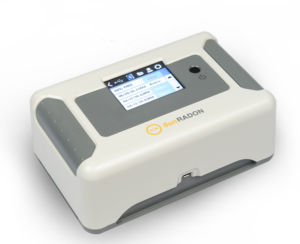
What is Radon and Why Test?
Radon is the decaying properties of radioactive material in the earth. You cannot see it, touch it, or smell it. Radon has been linked to lung cancer and is the second to smoking. The Environmental Protection Agency recommends mitigation if the radon level in your home has a reading of 4.0 pCi/L or higher. For more information, you can visit the EPA Website.
How do we Test?
We use an active testing device that records the radon levels hourly, producing an overall average of the building. The testing device is required to stay in the building for a minimum of 48 hours, and depending on the size of the building, additional testing devices may be required. After testing is completed, you will receive a report showing each hourly reading and your overall average to help determine if actions such as mitigation are needed.
Termites?
A termite inspection for a commercial building is essential to ensure the structure is safe and secure. A termite technician will inspect the exterior of the building, including looking at any exposed wood, as well as checking for signs of mud tubes, which are used by termites to travel from one location to another. The technician may also check inside the walls and other visible areas of the building for evidence of active infestations or damage caused by previous infestations. They may use special instruments such as a moisture meter or infrared camera to detect hidden activity if necessary. Termites can cause significant damage to a commercial building if left unchecked, so it’s essential to conduct regular inspections to identify potential problems early on and take steps to prevent further damage.
Building Termite Inspections
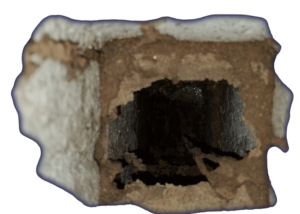
Inspection Report Types

This commercial inspection report type will provide detailed information and data about the buildings, such as; Structure type, HVAC, Electrical, ETC. Along with any major defects found. We will provide direction on who needs to further evaluate for the necessary cost and repairs needed.

This non-detailed report focuses mainly on defects. This commercial inspection report is typically used for warehouses or commercial buildings. It will outline the defects found, assembling a checklist for repairs. It can be used with apartment buildings to identify issues as a whole.

This type of report is typically used with apartment complexes or hotels. This commercial inspection report breaks down each unit and provides data or a report on the defects or repairs needed for each unit. (Additional Fees May Apply)
